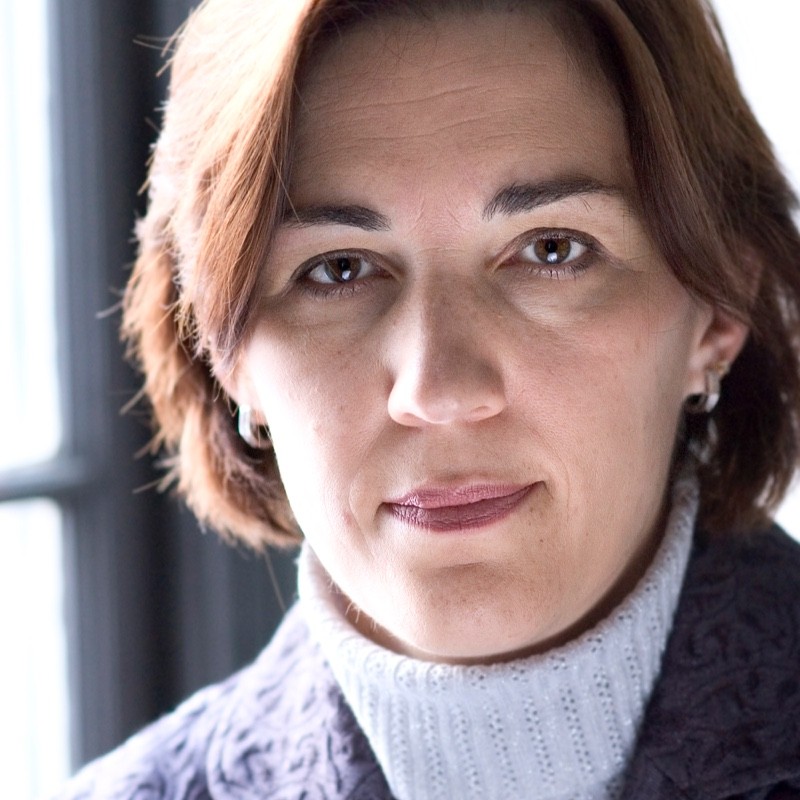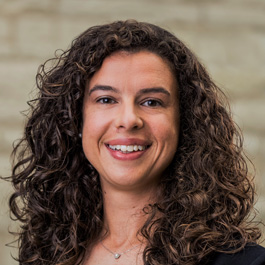Building Academic Resilience: Professional Skills for Scientists
Navigating the journey of your research training, the career exploration process, complicated lab relationships, and the stress of life can be overwhelming and lead us to doubt ourselves, exactly when confidence is most crucial. The goal of this series is to empower you to handle challenging situations by introducing you to professional competencies that will help you thrive in your research training. We will discuss the cultivation of skills to help you realize resilience, and identify and manage obstacles that get in your way.
Course capacity: 24
Course fee: $10
Dates & Times
Tuesdays, May 14th, 21st, 28th, June 4th, 11:30 AM – 1:00 PM.
Session Descriptions
Session I: Facing Imposter Fears
In science, it’s common to experience doubts about one’s abilities or qualifications. These insecurities can leave one feeling like an imposter in the field as though you weren’t qualified for your current role or you will soon be weeded out of your highly competitive program. While this sensation is often referred to as imposter fears, this phenomenon isn’t entirely detached from reality. In science, the validity of our work is constantly questioned, doubly so when one holds an underrepresented identity in science. In this highly scrutinous and competitive environment, it may seem logical to internalize these doubts and attach them to our identities. However, imposter fears are damaging, especially for women and minorities, so they must be responded to, disproven, and protected against. In this workshop, we will take a deep dive into the sources of imposter fears and learn techniques you can use to set these fears to rest in yourself and others. Instructor: Christina Roman, PhD
Session II: Building/Cultivating Resilience
In the dynamic landscape of academia, resilience, and stress management are indispensable skills for achieving academic success and maintaining well-being. Join us for this workshop, tailored to graduate students and postdocs, as we delve into defining resilience and understanding different types of stress. Through interactive discussions and practical exercises, participants will gain insight into personalized strategies for coping with stress, nurturing resilience, and prioritizing self-care amidst academic pressures. Furthermore, this workshop provides a supportive environment for connecting with peers, fostering a sense of community and mutual support essential for navigating the academic journey. Instructor: Vera Dragisich, PhD
Session III: Developing a Mentorship Team and Aligning Expectations
We all need mentors to support and encourage us throughout our educational and career journey. As a graduate student or a postdoctoral trainee, you probably consider yourself more a mentee than a mentor. There are specific skills associated with being an effective mentee, and enhancing these skills can also help you begin to develop as a future mentor. Learn strategies to assemble and nurture a diverse team of mentors to support your growth as a scientist. Instructor: Kiki Zissimopoulos, PhD
Session IV: Conflict Resolution
Participants in this 90-minute workshop will learn and practice skills for successful communication, including active listening, summarizing and reflective listening, and asking effective questions. Participants will be introduced to strategies for starting difficult conversations in inclusive and productive ways. Participants will use these skills and strategies in a scenario-based exercise that will allow for additional practice and discussion. This workshop is highly interactive, and will include physical copies of handouts and tools participants can use to reference their takeaways from the workshop after its completion. Instructor: Chicago Center for Conflict Resolution
Instructors

Christina Roman, PhD
Biochemist & STEM Diversity Equity and Inclusion Specialist, University of Chicago
Dr. Roman came to the Office of Diversity and Inclusion by way of the Biochemistry and Molecular Biophysics PhD program here at the University of Chicago. Before coming to Chicago for graduate school, she studied biochemistry at Stony Brook University in her home state of New York. During her time as a graduate student, Christina led numerous diversity and inclusion organizations such as GRIT, SACNAS, and the BSD Diversity Committee. Now as an administrator working alongside students, staff, and faculty, Christina seeks to bridge the gaps in understanding and bring the community together using our shared goals and values.
Her primary responsibilities include: supporting the development of a new faculty hiring approach to help diversify the biological sciences departments, as well as working closely with the Office of Graduate and Postdoctoral Affairs to support student recruitment and engagement.

Senior Instructional Professor, Department of Chemistry, University of Chicago
Dr. Dragisich has served as director of academic programs and graduate studies and associate director of undergraduate studies. Throughout her career, she has launched and championed a wide variety of inclusion initiatives. Dragisich has three decades of experience advising students throughout their academic journeys and is known as an empathetic listener, trusted resource, and passionate advocate for student needs. As a result, she is often called upon to guide students who are starting new outreach initiatives. Her many contributions include developing and teaching a chemistry course, which offers professional development for Chicago Public School teachers, and establishing a laboratory outreach program with Kenwood Academy. Dragisich has collaborated with the Cognitive Development Lab to enhance understanding of student experiences in chemistry courses, spoken at Women in STEM forums, and conducted workshops on mentoring. She also developed a teacher assistant training program that has become a model for similar curricula elsewhere, further promoting diversity and inclusion in academia. She has published on the topic in the Journal of Chemical Education. She designed and taught the Advanced Training for Teachers and Researchers in Chemistry course, emphasizing the importance of building an inclusive community. Beyond academia, Dragisich is actively engaged in volunteer work, holding leadership roles in organizations focused on supporting displaced persons/refugees and on promoting cross-cultural understanding. Dragisich received her bachelor’s degree in chemistry from Northwestern University and her Ph.D. in organic chemistry from the University of Chicago.
 Kiki Zissimopoulos, PhD
Kiki Zissimopoulos, PhD
Associate Professor of Instruction and Academic Adviser, McCormick School of Engineering, Northwestern University
Dr. Kiki Zissimopoulos is a faculty member at the McCormick School of Engineering at Northwestern University and the Instructional Coordinator for the Research Communication Training Program (RCTP) in The Graduate School. Her course topics include engineering design, research communication, designing your life, and mentor training. She also spent six months teaching with the Northwestern Prison Education Program. Dr. Zissimopoulos also advises first-year engineering students and was awarded the Cole-Higgins Award for Excellence in Advising in 2021 for supporting students’ success and sense of belonging. Her research interests include student motivation, belonging in the classroom, and alternative approaches to assessment. Previously, as Director for Initiatives in STEM Teaching and Learning at the Chicago Center for Teaching at the University of Chicago and an Instructional Developer at Purdue University, she focused on graduate student and faculty development. Dr. Zissimopoulos was also the founding treasurer for the National Institute on Science Teaching, a non-profit dedicated to supporting and training undergraduate educators. She holds a PhD in Biomedical Engineering from Northwestern University.
 Chicago Center for Conflict Resolution
Chicago Center for Conflict Resolution
CCR is an independent not-for-profit agency (established with the support of the Chicago Bar Association) that has provided mediation services primarily to Chicago-area residents and businesses since 1979. CCR’s Board of Directors has consisted of experienced mediators, representatives of the Circuit Court of Cook County, the Illinois Attorney General, the Chicago Bar Association, business leaders, and university law school professors specializing in alternative dispute resolution.
CCR performs two major services: 1) mediating among parties in a dispute and 2) providing conflict resolution training to individuals, organizations, corporations, schools and governmental agencies.
